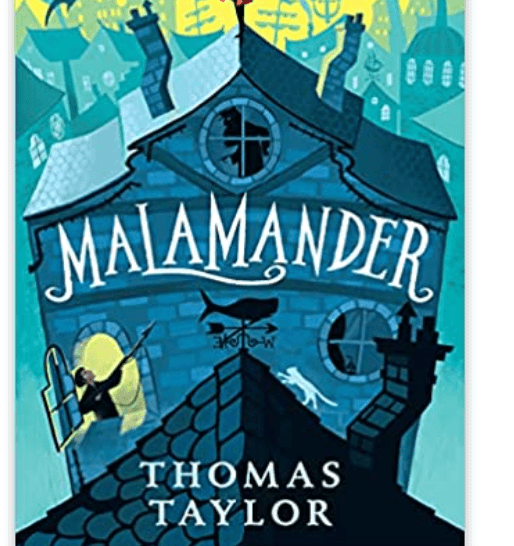November 14th, 2019Last updated: May 20th, 2022
In this blog, Hannah shares her top lessons learned from the 2018/2019 round of 7 Plus and 8 Plus exams. If you are entering your child for the 7+ or 8+ in the next couple of months, these helpful tips and observations from a full-time, professional tutor will give you a flavour of the kinds of things to expect from these assessments.

Prepare for different styles of exam papers
In some English assessments, including the Latymer exam of January 2019, there were separate Reading and Writing papers with a break in between, whereas other schools kept the two parts in one paper. This marks a change to previous years when the two parts of the English exam were often placed in one paper. In the Maths paper set by some schools this year, many parents noted that there were fewer questions but at more of an in-depth level. In the English writing paper, children were asked to write both in the first and third person. Stories children were asked to write included; 'A boy finding something unexpected in his basement,' 'Something biting you whilst you are swimming in the ocean,' and a first-person story describing 'Flying somewhere on the back of a bird'. Some of these stories included a picture which children could use as a stimulus for writing in addition to a title. Kings College Wimbledon this year introduced a 25-minute listening test, which involved listening to a short recorded passage and then answering questions related to it.
Whilst these differences may seem minimal, they could "throw" a student who has only been prepared for one kind of paper. When preparing children for the 7+ and 8+, I make certain that we practice a range of question and paper styles, to ensure that they are able to tackle whatever is put in front of them and perform well independently.
Practice both Mental Maths and Reasoning
In the Maths paper, mental arithmetic seems to be becoming an increasingly important part. Additionally, some of the questions are becoming longer and are often in 3 or 4 parts. There are also some reasoning questions which require lateral thinking, or trial and error problems, in which the problem-solving strategies of the child are looked at. Worded problems related to time duration as well as finding totals and change linked to money also featured in different exams. Children have also been asked to write down 3 digit numbers, described using a series of verbal cues. In more practical Maths assessments which some schools, notably Bute House, use to assess, children were asked to order numbered objects with 2 and 3 digit numbers.
When preparing students for the 7+ and 8+, sessions will often involve a combination of speed recall of number facts, and written methods for all 4 calculations as well as questions that involve applying these number facts in a variety of different ways.
Visit the school's admissions website
Whereas most schools follow a similar format for their 7+ assessments, it is always worth looking at each of the individual schools' admissions information on their website. Most schools have a dedicated 7+ and 8+ section on their website in which they detail what they are looking for in prospective students. Some schools, (for example, Kings, Latymer, Westminster Choir School) do provide sample past papers on this part of their website which are useful to get a flavour of what the assessments at that school will look like. However these are not regularly updated and often the actual exam follows a slightly different format. Moreover, some schools do provide a 7+ curriculum detailing areas that children are expected to know. St Paul's Juniors provides a reading list and a 7+ and 8+ Maths curriculum. In preparing children for the 7+ and 8+, it is important to cover the specific requirements of each school's assessment process in order to provide and teach the required range of skills.
Exam skills are crucial
Often it is careless mistakes and a lack of accuracy which brings marks down in a paper. The huge numbers of children taking the exam for such a limited number of places means that it is important to gain the highest number of marks possible. Avoidable errors, in my experience, have been the main cause of low scores. Teaching a child to check their answer properly and identify mistakes they have made, seems to have made a big difference in exam marks. In the English paper, these avoidable errors are often messy handwriting which means that what has been written cannot be read, high-frequency spelling words and lack of punctuation in sentences. In Maths, these avoidable errors frequently involved times tables, adding and subtracting mentally, and written method for subtractions. Many parents think that it is teaching their child bigger and bigger numbers and harder problems that are the main drivers to ensuring success, however, in my experience, it is the accuracy of the core foundational skills in both subjects that need to be focused on.
Foster curiosity about learning
Something important to learn from this round of exams is that children who are curious about the world around them have a breadth of experience to draw on. This comes into use in all parts of the assessments. In the Reading Comprehension, the children who are able to draw on real-life experiences of the things being written about, or who can relate their experiences to books read or films watched, seem to be able to understand the characters and the events of the stories far better. Reading high-quality texts regularly also means that you understand why authors have used certain techniques in their writing and can more easily see how they could apply it to their own stories. Being able to draw on a variety of life experiences, (holidays, day trips etc) seems to enable children to think up creative ideas for their story writing as well as describe settings in a more creative way.
In Maths, real life experiences help children to visualise and imagine the scenarios in worded problems as well as think in creative ways how to set about solving them. If children pass the exam, they are more than likely to next be invited to an interview stage in which they will be asked to do a range of activities but also interact and converse with others. Life outside of school, hobbies and interests are good conversation topics and schools often select children who have a natural curiosity and thirst for finding things out.
You might be interested in









Dear Annie,
I am looking to get my son to sit for 8 plus exam for Kings and St Pauls. He is a very bright child and is in the top set in his class but they don't train for 8 plus exam. I want a tutor with experience in 8 plus exam.